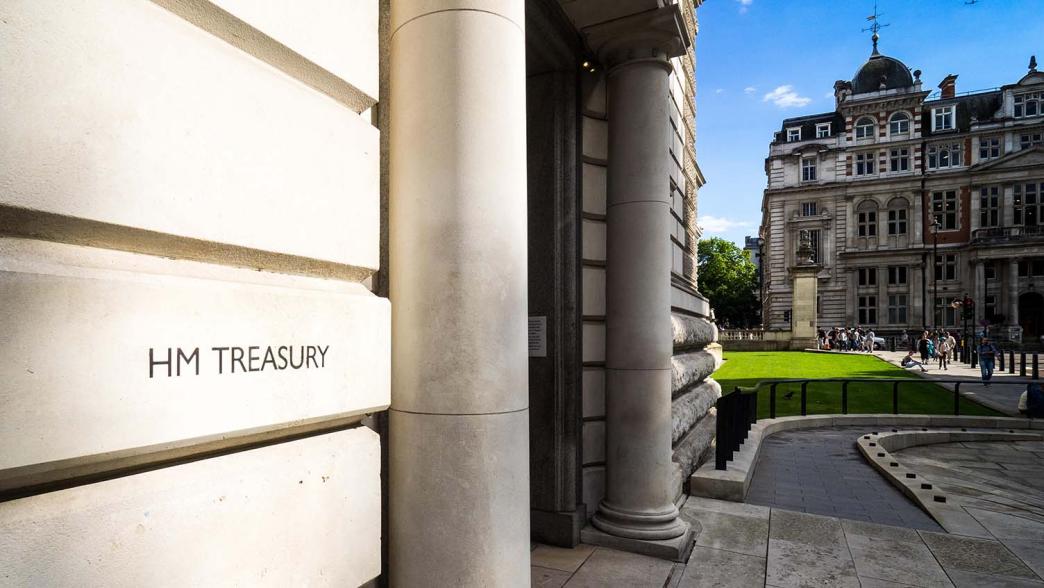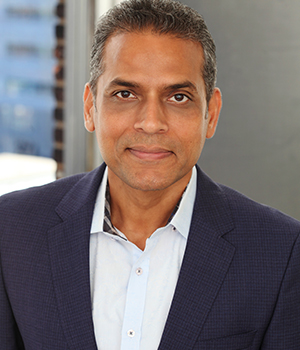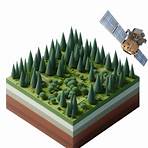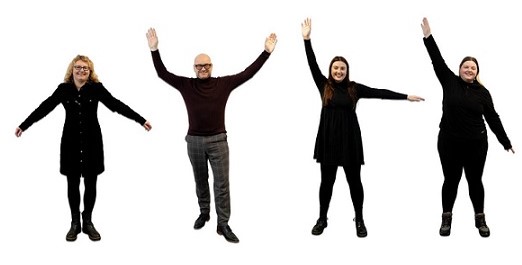The biggest solar eclipse for 16 years will block out as much as 90% of the sunlight across parts of the UK later this month. The moon will pass in front of the sun on Friday March 20, causing a partial eclipse that will last for around two hours and be visible across Europe.
But according to one of the UK's leading eye surgeons, people are at risk of permanent sight loss if they are tempted to view the eclipse without using suitable protection. Mr. Milind Pande, consultant eye surgeon at Vision Surgery & Research Centre, warns that people could be at risk of developing serious eye conditions such as solar retinopathy if they don't use the correct filtered glasses.
He said, “Solar retinopathy is caused by looking directly at the sun and can cause permanent sight loss. The forthcoming eclipse will put those who are tempted to view the phenomenon without wearing protective eyewear at risk of serious eye damage. Only a fraction of a second of magnified, unfiltered sunlight can irreparably sear the eye's retina.
“Solar retinopathy occurs when solar radiation reaches the eye and is concentrated by the lens onto the retina. This burns the retina and destroys the cells that enable you to see. Because there are no pain-sensing nerves in the retina, the damage is painless which is extremely dangerous. Failure to use proper protective viewing methods may result in permanent eye damage or severe visual loss.”
The sun must only be viewed directly using filters specifically designed to protect the eyes. Most such filters have a thin layer of chromium alloy or aluminium on their surfaces that attenuates both visible and near-infrared radiation. Eclipse glasses are specially designed for this purpose and filter out 100% of harmful ultraviolet radiation. These should be CE certified.
Mr Pande concluded: “A solar eclipse is a fantastic experience when viewed safely. I would advise that eclipse glasses are obtained well ahead of the big day to avoid stocks running low. That way, the phenomenon can be viewed safely and in comfort.”
The biggest solar eclipse for 16 years will block out as much as 90% of the sunlight across parts of the UK later this month. The moon will pass in front of the sun on Friday March 20, causing a partial eclipse that will last for around two hours and be visible across Europe.
But according to one of the UK's leading eye surgeons, people are at risk of permanent sight loss if they are tempted to view the eclipse without using suitable protection. Mr. Milind Pande, consultant eye surgeon at Vision Surgery & Research Centre, warns that people could be at risk of developing serious eye conditions such as solar retinopathy if they don't use the correct filtered glasses.
He said, “Solar retinopathy is caused by looking directly at the sun and can cause permanent sight loss. The forthcoming eclipse will put those who are tempted to view the phenomenon without wearing protective eyewear at risk of serious eye damage. Only a fraction of a second of magnified, unfiltered sunlight can irreparably sear the eye's retina.
“Solar retinopathy occurs when solar radiation reaches the eye and is concentrated by the lens onto the retina. This burns the retina and destroys the cells that enable you to see. Because there are no pain-sensing nerves in the retina, the damage is painless which is extremely dangerous. Failure to use proper protective viewing methods may result in permanent eye damage or severe visual loss.”
The sun must only be viewed directly using filters specifically designed to protect the eyes. Most such filters have a thin layer of chromium alloy or aluminium on their surfaces that attenuates both visible and near-infrared radiation. Eclipse glasses are specially designed for this purpose and filter out 100% of harmful ultraviolet radiation. These should be CE certified.
Mr Pande concluded: “A solar eclipse is a fantastic experience when viewed safely. I would advise that eclipse glasses are obtained well ahead of the big day to avoid stocks running low. That way, the phenomenon can be viewed safely and in comfort.”
















